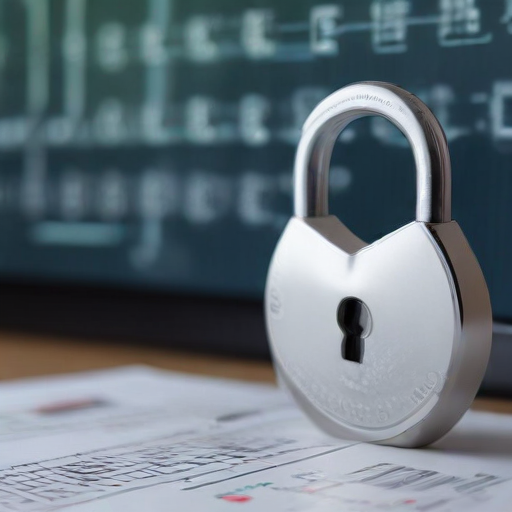Federal agencies have advised against sharing messages between iPhone and Android devices due to concerns over foreign security threats. On November 13, the Federal Bureau of Investigation (FBI) and the Cybersecurity and Infrastructure Security Agency (CISA) warned about a significant cyber espionage campaign linked to ongoing investigations into the People’s Republic of China (PRC).
The agencies disclosed that this campaign has targeted a select group of individuals engaged in government or political activities, resulting in the theft of customer call records and other data that fell under U.S. legal jurisdiction. They emphasized that messages exchanged between Android and iPhone devices are particularly at risk, as these communications are not encrypted.
Jeff Greene, an executive assistant director for cybersecurity at CISA, stressed the importance of encryption. He stated, “Encryption is your friend,” explaining that encrypted communications make it extremely difficult for adversaries to access sensitive information, even if intercepted.
In response to this threat, the FBI, CISA, and various other agencies have released guidelines to enhance security within communications infrastructure. This document is designed to help entities detect and prevent threats associated with the compromised networks of major telecommunications providers.
The campaign, referred to as “Salt Typhoon,” involves espionage efforts by a Chinese group targeting major telecoms such as Verizon and AT&T. Classified as one of the largest intelligence breaches in U.S. history, it has raised alarms among congressional leaders regarding the vulnerability of American data against sophisticated foreign cyberattacks.
Despite the severity of the situation, U.S. officials indicated that the Salt Typhoon campaign has been contained without causing major disruptions for consumers.
For those seeking secure messaging alternatives, various applications are recommended for both iOS and Android users, including options that offer end-to-end encryption and two-factor authentication.
In light of the escalating cyber threats, there’s a prudent reminder that taking steps for better cybersecurity can protect both personal and national interests, fostering a more secure digital environment for all users.
Hope remains that with increased awareness and implementation of robust security measures, individuals and organizations can shield themselves from potential risks, ultimately enhancing the safety of their communications.
